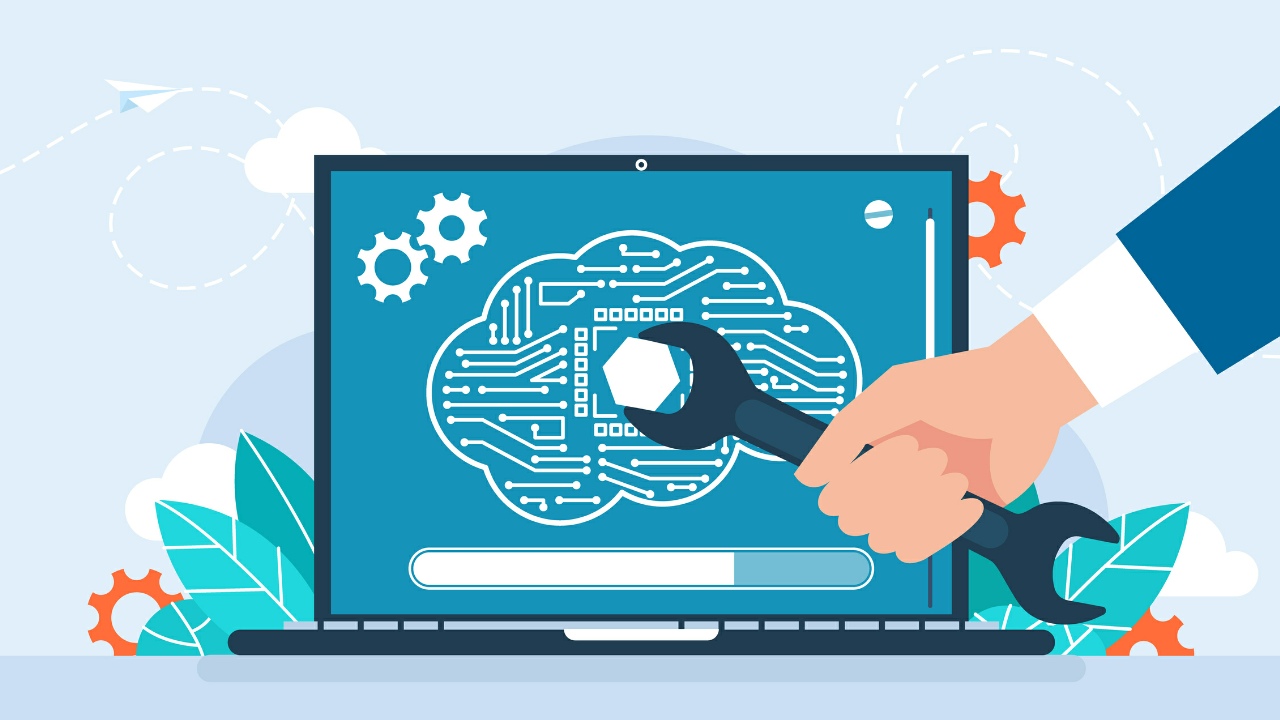Introduction:
As technology continues to evolve, AI-powered chatbots have become an indispensable tool for businesses worldwide. ChatGPT, an advanced language model developed by OpenAI, has revolutionized the way we interact with AI systems. Its ability to generate human-like responses and engage in meaningful conversations has opened up an abundance of possibilities across various domains. However, beyond the scope of using standard prompts to elicit responses from the chatbot, the true potential of ChatGPT is more fully realized through fine-tuning the model to achieve even better results. This blog explores how the extra step of fine-tuning can enhance ChatGPT’s performance, specifically in terms of producing truly meaningful content.
I. The basics, how ChatGPT works:
ChatGPT is a highly advanced language model capable of understanding and generating human-like text. Through the general interface it has access to a vast knowledge base and is trained on a broad and diverse range of internet text. This empowers it to answer questions, provide information, engage in conversations, and much more. Because of its natural language processing capabilities, ChatGPT can deliver information packaged in many different ways. It can answer questions posed to it through a help prompt. It can provide informative content for distribution across social networks. This names just a couple of applications and is why ChatGPT is fast becoming an invaluable tool to improve efficiency for businesses regardless of industry.
However, it is to be noted that the generalized ChatGPT-4 runs on a knowledge base with a cut-off date ending in September 2021. This limits newer information and research.
II. The Benefits of Fine-Tuning ChatGPT:
There is a greatly heightened level of productivity that can only be achieved when you understand the benefits and how to fine-tune the ChatGPT model.
a) Tailored results by industry:
One of the key benefits of fine-tuning ChatGPT is the ability to tailor its responses to specific domains or industries. By providing it with industry-specific information, businesses can train ChatGPT to understand and generate more relevant and accurate responses within their respective fields. This results in a higher quality of content that is likely to be seen as personalized and more valuable to the consumer.
b) Improved Efficiency and Productivity:
Fine-tuning allows businesses to optimize ChatGPT to do specific tasks and integrate into workflows raising the bar on its value to business productivity and efficiency. By training the model on task-specific data, organizations can create chatbots that excel at handling complex business inquiries, providing support, and automating routine tasks. When integrated into the business communication process, this can save time and increase overall productivity.
c) Consistency in Brand Voice and Tone:
Every business has a unique brand with strengths, attributes, a voice and tone that sets it apart from its competitors. Fine-tuning ChatGPT enables organizations to align the chatbot’s responses with their brand’s personality and communication style. Knowing how to train the model on brand-specific data means that businesses using ChatGPT can be certain the software consistently represents their brand voice, reinforcing brand identity, resulting in stronger customer connections.
d) Domain Expertise and Specialization:
While ChatGPT has already been trained in various domains, fine-tuning takes its capabilities to the next level. Training ChatGPT on specialized domain-specific datasets allows it to acquire in-depth knowledge and expertise in specific industries or fields that are not part of the mainstream. This results in more accurate, nuanced, and insightful responses tailored to a company’s unique requirements. It could be healthcare, finance, technology or dog grooming. The results achieved are enhanced when fine-tuning ChatGPT allows it to become your partner by learning to be an industry expert.
e) Adaptability to Regulatory Compliance:
Many industries face stringent regulatory requirements, such as healthcare, finance, and the legal sector. Fine-tuning ChatGPT enables businesses to train the model to adhere to specific regulations and compliance standards. This ensures that responses generated by the chatbot align with legal and ethical guidelines, promoting trust and mitigating any potential risks.
III. The Process of Fine-Tuning ChatGPT:
a) Data Collection and Preparation:
To fine-tune ChatGPT, businesses need to gather relevant domain-specific data. This can be just about anything that is relevant and might include details of customer interactions, support tickets and resolutions, industry-specific documents and whitepapers, industry specific news or other pertinent information. The data is then carefully prepared, anonymized, and organized for training purposes.
b) Training the Model:
The prepared dataset is used to train ChatGPT using techniques such as transfer learning. During this process, ChatGPT’s existing knowledge is combined with the domain-specific dataset to fine-tune its responses. The model learns to generalize from the provided data, acquiring a deeper understanding of the chosen domain.
c) Iterative Refinement:
Fine-tuning is an iterative process that involves training, evaluation, and refining the model based on feedback. By continuously optimizing the model’s performance, the output is improved with higher levels of accuracy and relevance.
IV. Real-World Applications:
The benefits of fine-tuning ChatGPT will work regardless of the industry where it is applied but let’s explore some real-world applications to give a clearer picture of how spectacular the results can be.
a) Healthcare:
A fine-tuned ChatGPT model can assist medical professionals by providing accurate information, triaging patient inquiries, and offering basic support for common health concerns. This leaves professionals free to deal with the more challenging and critical cases that can really benefit from their time and attention.
b) Finance:
ChatGPT, fine-tuned for the finance industry, can offer suggestions to customers about how they might look at issues related to their specific circumstances – for instance concerning nearness to retirement, how to consider dependents, search for investment vehicles that might suit specific needs as well as answer complex queries related to banking and insurance.
c) E-commerce:
As an aid in the sales process a fine-tuned ChatGPT model can enable it to provide personalized product recommendations, assist with order tracking as well as addressing customer inquiries regarding shipping and returns – even during periods when the business is closed.
d) Customer Support:
Another application where a fine-tuned ChatGPT can add real value is in handling customer inquiries. The model can be trained to troubleshoot common issues and provide timely and accurate support regardless of time of day. This will lead to improved customer satisfaction, increasing the likelihood of customer retention.
Conclusion:
ChatGPT, with its natural language processing capabilities, is a powerful tool for businesses seeking to enhance customer experiences, automate processes, and streamline operations. However, results are greatly enhanced through the process of fine-tuning the ChatGPT model. By leveraging domain-specific data and expertise, businesses can unlock the full potential of AI, providing more accurate, relevant, and tailored responses which increases the satisfaction of their customers. As organizations strive for better customer engagement and efficient operations, fine-tuning ChatGPT emerges as a game-changer in the world of AI-powered chatbots.
DATAFORT can provide consultation services to assist you to design a strategy to fine-tune the model to the specific needs of your business area and company. Not only so that the model delivers information specific to your industry, but in an appropriate voice that is aligned with the image you want to project for your company. Our expertise extends beyond chatbot integration to using AI for a broad range of use cases. Contact our team to discuss your requirements further.
DataFort has the in-depth technical knowledge about a broad range of AI tools and how they can be adapted to specific problem areas in business, particularly finance. Call us today at 0800 45 44 35 to set up an initial meeting to discuss how we can work together to help you achieve your company objectives.












